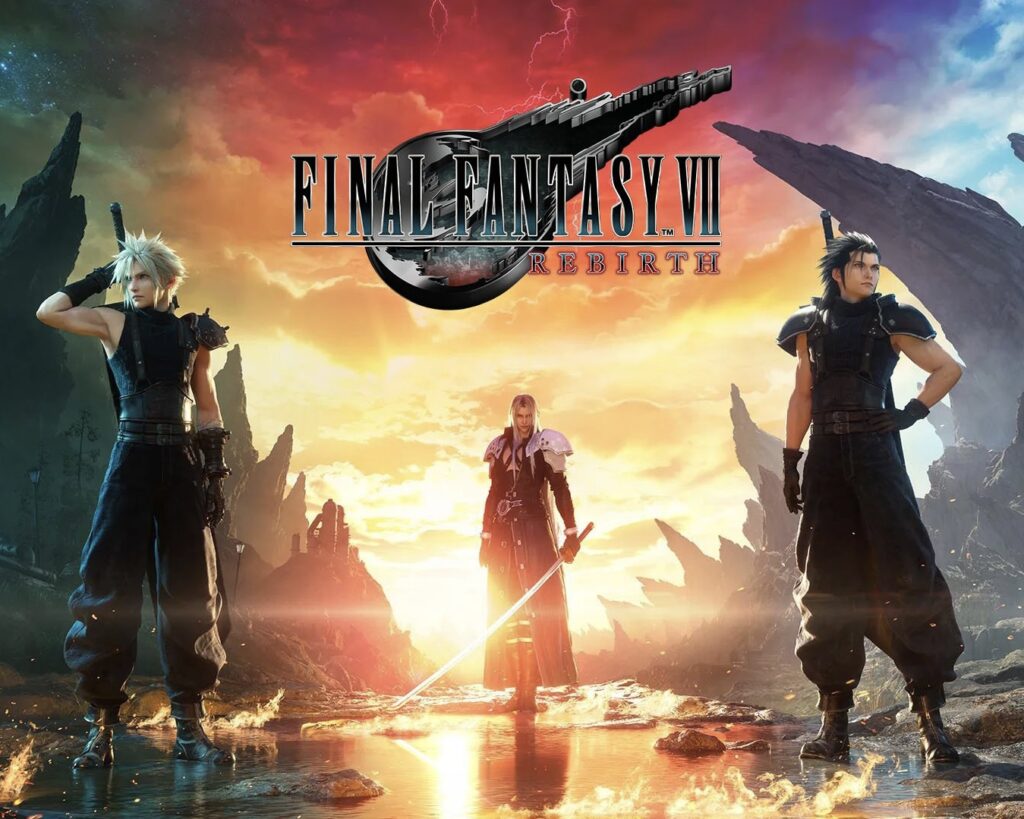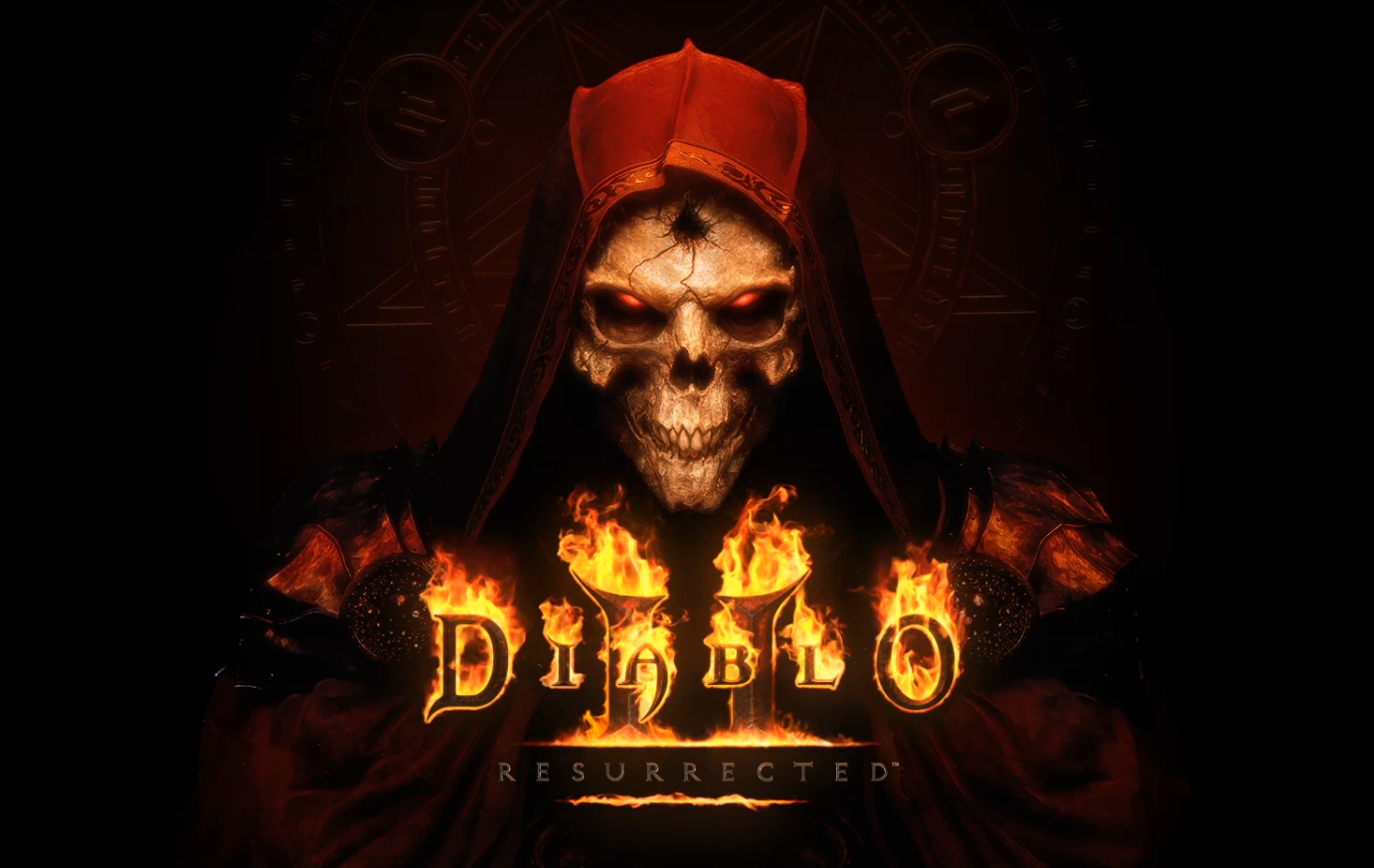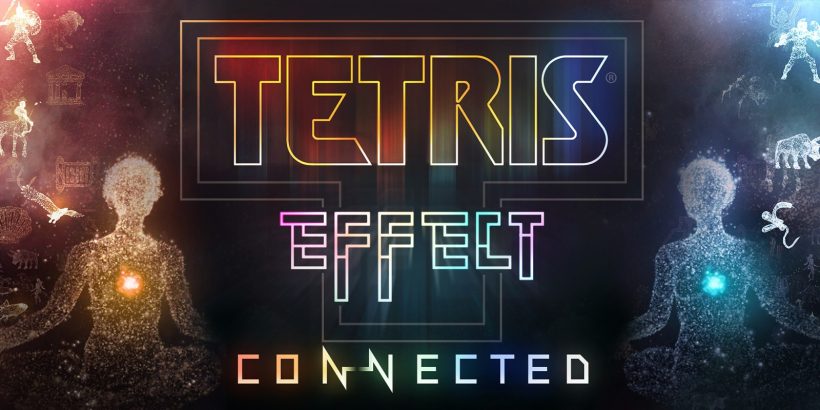Have you ever yearned to wield a legendary sword, master arcane spells, navigate treacherous political intrigue, or explore a galaxy far, far away? Role-Playing Games (RPGs) offer the ultimate escape, inviting you to step into a meticulously crafted world, assume a distinct identity, and shape your own unforgettable saga.
More than just a game, an RPG is a personal journey. It’s about building a character from the ground up – defining their skills, personality, and choices – and watching them grow from humble beginnings to a force of destiny. With rich narratives, intricate progression systems, and worlds brimming with lore, RPGs provide unparalleled immersion and a profound sense of agency, allowing you to truly “be” the hero (or villain) of your own epic tale.
This guide will delve into the fundamental elements that define RPGs, trace their incredible evolution from humble tabletop beginnings to sprawling digital universes, and spotlight the iconic titles that have allowed millions to forge their own paths. Prepare to craft your legend!
The Art of Becoming: What Defines Role-Playing Games?
RPGs are characterized by their deep focus on character development and immersive storytelling. Key elements include:
- Character Progression: Players customize and grow their character through experience points (XP), skill trees, stats, new abilities, and accumulating powerful gear. This sense of progression is central to the genre’s appeal.
- Narrative & Choice: Strong emphasis on story, often with branching quests, moral dilemmas, and player choices that genuinely impact the plot, character relationships, and even the game’s ending.
- Immersive World-Building: RPGs often feature expansive, detailed worlds with deep lore, intricate histories, diverse factions, and compelling characters that make the setting feel alive.
- Exploration: Encouraging players to discover hidden areas, complete side quests, uncover secrets, and interact extensively with the environment and its inhabitants.
- Combat Systems: Varied approaches to combat, from classic turn-based systems to real-time action, tactical grid-based battles, or a blend of styles, all supporting diverse character builds.
- Dialogue & Interaction: Extensive conversations with Non-Player Characters (NPCs) are vital, revealing lore, offering quests, building relationships, and driving the narrative forward.
From Tabletop to Digital Worlds: The Evolution of RPGs
The lineage of digital RPGs stretches back to tabletop games, continually pushing the boundaries of interactive storytelling:
- Tabletop Roots & Early Digital Adventures (1970s – 1980s): The genre is fundamentally inspired by tabletop games like Dungeons & Dragons. Early computer RPGs like Ultima and Wizardry (both 1981) translated the concepts of character stats, exploration, and turn-based combat to the digital screen, often with rudimentary graphics.
- The Rise of JRPGs & WRPGs (Late 1980s – 1990s): The genre diversified into two major branches. Japanese RPGs (JRPGs) like Final Fantasy (1987) and Dragon Quest (1986) became known for their epic, often linear narratives, distinct art styles, and turn-based combat. Meanwhile, Western RPGs (WRPGs) such as Fallout (1997) and Baldur’s Gate (1998) emphasized player choice, moral ambiguity, and more open-ended gameplay, often on PC.
- The 3D Revolution & Open Worlds (Early 2000s): The advent of 3D graphics allowed RPGs to create truly immersive worlds. The Elder Scrolls III: Morrowind (2002) and later Oblivion (2006) showcased vast, explorable open worlds. Mass Effect (2007) combined cinematic sci-fi storytelling with meaningful player choices and real-time combat.
- Cinematic Narratives & Player Consequence (2010s – Present): Games like The Witcher 3: Wild Hunt (2015) set new benchmarks for narrative depth, moral complexity, and reactive open worlds. The genre continues to thrive with Action RPGs that blend real-time combat with deep progression (Elden Ring), and with recent titles like Baldur’s Gate 3 (2023) pushing the boundaries of player choice and emergent storytelling on a massive scale.
Paths to Power: Key RPG Subgenres
The RPG umbrella encompasses a rich variety of playstyles and settings:
- Western RPGs (WRPG): Characterized by player freedom, extensive customization, moral choices, and often expansive open worlds (e.g., The Elder Scrolls V: Skyrim, Fallout: New Vegas, Mass Effect series).
- Japanese RPGs (JRPG): Known for strong, often linear narratives, distinctive art styles, unique combat systems (often turn-based or active-time battle), and a focus on a pre-defined cast of characters (e.g., Final Fantasy series, Persona series, Dragon Quest series).
- Action RPGs (ARPG): Blend real-time combat with traditional RPG elements like character stats, loot, and progression. Often emphasize fast-paced action (e.g., Diablo series, Elden Ring, Path of Exile).
- Tactical RPGs (TRPG): Combine RPG character progression with turn-based tactical combat played on a grid, focusing on strategic positioning and unit synergy (e.g., Final Fantasy Tactics, Fire Emblem series, XCOM series (blends with strategy)).
- MMORPGs (Massively Multiplayer Online RPGs): Persistent online worlds where thousands of players interact, form communities, and embark on shared adventures (e.g., World of Warcraft, Final Fantasy XIV). (Note: This is its own distinct category on your list for a later blog!)
- Soulslikes: A subgenre of ARPGs known for their challenging combat, cryptic lore, environmental storytelling, and emphasis on player skill and perseverance (e.g., Dark Souls, Bloodborne).
Legendary Quests: Must-Play Role-Playing Games
These titles stand as pillars of the RPG genre, offering unparalleled immersion, narrative depth, and replayability:
- The Elder Scrolls V: Skyrim (2011): An iconic open-world WRPG that offers immense freedom of exploration, a vast fantasy world, and countless hours of content, inviting players to carve their own unique path.
- The Witcher 3: Wild Hunt (2015): A benchmark for narrative-driven RPGs, renowned for its mature storytelling, morally complex choices, unforgettable characters, and a vast, living open world.
- Final Fantasy VII (1997) / Final Fantasy XIV (2013-Present): The original FFVII defined JRPGs for a generation; FFXIV is a testament to the genre’s enduring power, building one of the most beloved and story-rich MMORPGs ever.
- Mass Effect 2 (2010): A masterclass in cinematic sci-fi RPG storytelling, blending intense action, meaningful player choices, and deep character relationships across a galaxy-spanning adventure.
- Fallout: New Vegas (2010): Celebrated for its unparalleled player choice, deep faction systems, and branching narrative paths that allow for truly unique playthroughs in a post-apocalyptic wasteland.
- Persona 5 Royal (2019): A stylish and emotionally resonant JRPG that blends turn-based combat with social simulation, unique visual flair, and a compelling story of rebellion and self-discovery.
- Diablo II (2000) / Diablo IV (2023): The genre-defining ARPG, known for its addictive loot grind, dark fantasy atmosphere, and satisfying hack-and-slash combat that set the standard for countless imitators.
- Baldur’s Gate 3 (2023): A monumental achievement in modern WRPGs, offering unprecedented player choice, intricate turn-based combat, and a truly reactive, living world that feels like a tabletop RPG brought to life.

Unwritten Tales: Underrated RPG Gems
Seek out these compelling RPGs that might have flown under your radar but offer rich experiences:
- Disco Elysium (2019): A revolutionary WRPG that foregoes traditional combat for a profound, text-heavy narrative experience, focusing on psychological and intellectual challenges as a detective with amnesia.
- Kingdom Come: Deliverance (2018): A highly realistic and challenging historical RPG set in medieval Bohemia, emphasizing player skill development in combat, alchemy, and social interaction.
- Divinity: Original Sin II (2017): A sprawling, turn-based tactical WRPG with incredible player freedom, deep character builds, and a highly reactive world that encourages creative problem-solving.
- Dragon’s Dogma: Dark Arisen (2012): An action RPG with a unique “Pawn” companion system, exceptional monster climbing mechanics, and a challenging open world reminiscent of classic fantasy.
- Pillars of Eternity (2015): A spiritual successor to classic WRPGs like Baldur’s Gate, offering a rich fantasy world, deep lore, and challenging real-time-with-pause combat.
Why We Answer the Call: The Enduring Appeal of RPGs
The magnetic pull of Role-Playing Games lies in their ability to provide:
- Personalized Journeys: The satisfaction of creating and developing a character that feels uniquely yours, whose story unfolds based on your choices.
- Deep Immersion: Getting lost in vast, detailed worlds filled with rich lore, memorable characters, and endless possibilities for exploration.
- Sense of Accomplishment: The profound reward of overcoming challenges, defeating formidable foes, and watching your character grow from humble beginnings to a powerful force.
- Narrative Agency: The power to influence the story, make meaningful decisions, and experience consequences that shape the world around you.
- Endless Replayability: The variety of character builds, faction choices, and branching narratives encourages multiple playthroughs.
Conclusion: Craft Your Own Legend!
Role-Playing Games stand as a testament to the power of interactive storytelling, offering unparalleled opportunities to forge personal destinies within grand, imaginative worlds. They are a beloved genre that continually evolves, pushing boundaries in narrative depth, player choice, and immersive experiences.
What’s the most impactful choice you’ve ever made in an RPG? Which virtual character’s journey resonates most deeply with you?
Now that you’ve explored the epic world of Role-Playing Games, we’d love to hear about your legendary quests! Head over to our Review Page to share your personal reviews of your favorite RPG titles, discuss your most memorable character builds, or simply tell us what makes you want to step into another’s shoes!




Leave a Reply